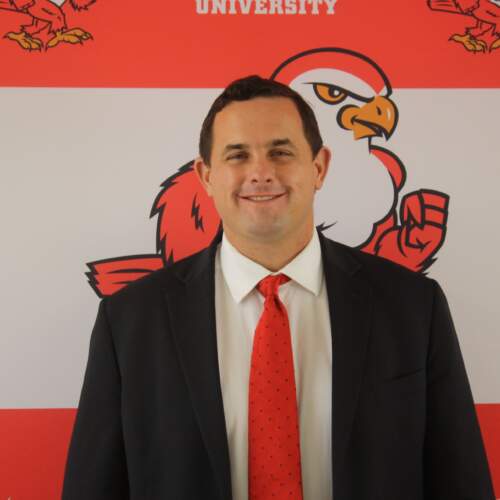Our Research on Motivation
During the 23-24 school year, we surveyed nearly 500 collegiate student-athletes on what motivated them to compete in their sport. We had the working theory that we (coaches and adults) probably didn’t truly understand what motivated our student-athletes. We assumed that winning, coaches, and their teammates would motivate them, but we weren’t sure how it would be described.
So, we asked a simple open-ended question….” what motivates you to participate in your sport?” While there were a vast range of responses, there were some clear primary motivators that went across sport, gender, and ages.
What was the most common answer? Relationships. 60% of respondent reported some type of relationship motivating them.
The relationships that motivated them though, somewhat surprised us.
Half of the 60% reported relationships with teammates motivated them. They noted a lot about the comradery on their team, playing with their best friends, etc.…. this piece did not surprise us.
However, here is where the results diverged a bit from what we were expecting. The second largest response under relationships was that of being motivated by family. Approximately 25% of those that responded relationships noted their family as the relationship that motivated them.
There were two ways we interpreted this. It was either highlighting how parent/family encouragement or expectation enhanced their motivation, or it was evidence of a cultural unhealthy family investment in athletics in which the athlete feels obligated or pressured to keep playing sports. There are no doubt cases of both, but in my time in athletics, I interpret the latter. There is so much time and Money invested by families in youth sports that the athletes feel obligated to continue to participate. It becomes a central part of the family’s identity.
Being motivated by the coach was third in the responses about relationships. Approximately 15% noted that motivation. This surprised us. Being a former coach, I arrogantly thought I was one of the primary motivators. At least in our data set this is not the case.
Does this make the role of the coach less important? I don’t think so. But it does reframe it. One of the primary ways a coach motivates their team is cultivating a community. Further, how quickly can the cultivate an environment where deep enough relationships form to make them a motivator.
We’ll dive into more of the results….and what we think you can do to cultivate this type of environment in future posts and podcasts.
Also, winning was only a motivator for 11 percent of our respondents….
Things That Are Making Us Think
What Drives Winning is starting to release alot of good new content. In the clip below, Brett Ledbetter and Dr. Jim Loehr explore addiction to achievement. We refer to them quite a bit on here…we are not affiliated with them, we just think they are really good.
























